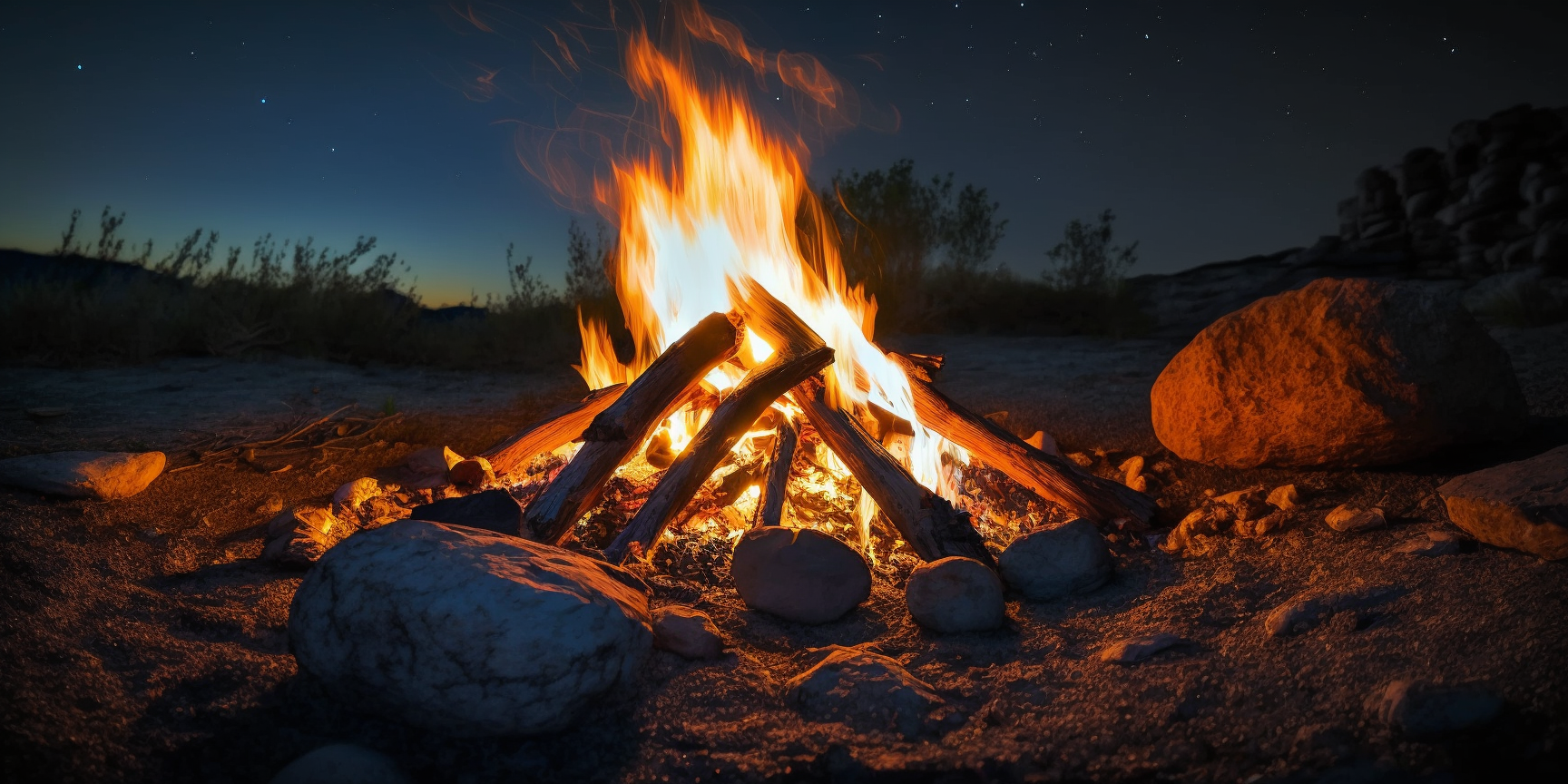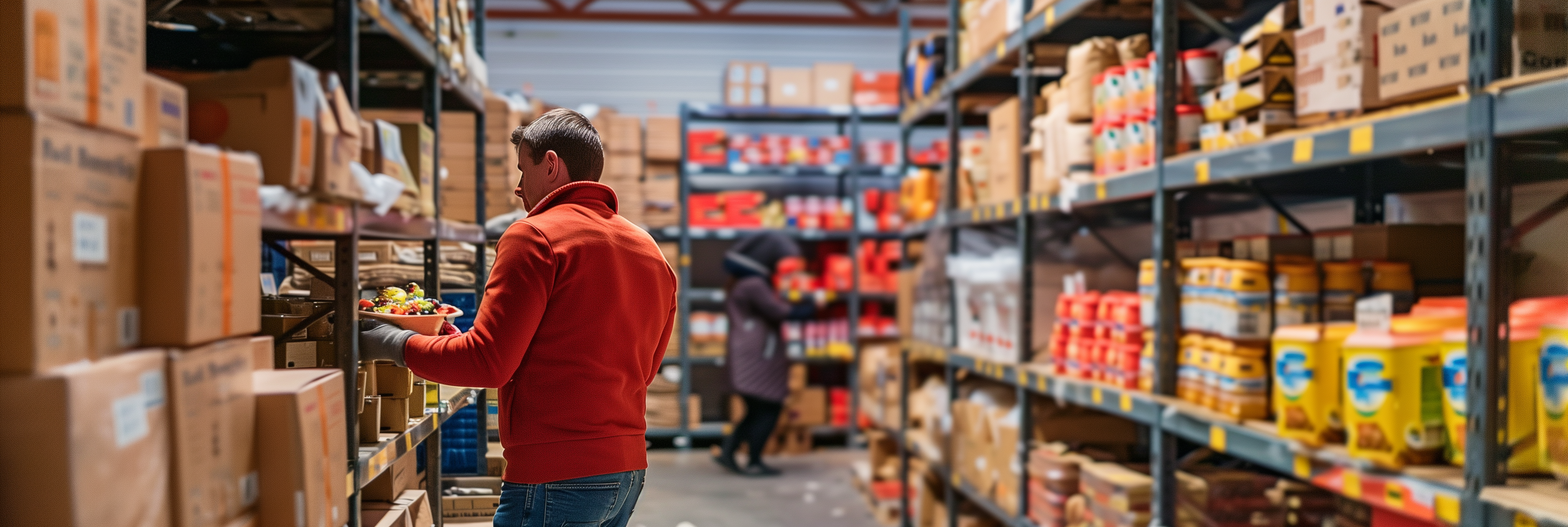
Surviving Winter Storms: Tips for Staying Safe and Warm in the UK
Surviving Winter Storms: Tips for Staying Safe and Warm in the UK
Winter storms can bring extreme weather conditions to the UK, including heavy snowfall, freezing temperatures, and strong winds. These conditions, combined with badly timed power-cuts, can pose serious risks to health and safety, making it essential for British residents to be prepared and know how to stay safe and warm during winter storms. In this article, we will provide tips for surviving winter storms in the UK.
Interesting Facts
-
According to the Met Office, UK winter storms have increased in frequency and severity in recent years. For example, between December 2020 and February 2021, there were six named winter storms, including Storm Darcy which brought heavy snowfall and freezing temperatures to large parts of the UK.
-
The Centre for Ecology and Hydrology found that winter flooding in the UK has become more severe and frequent over the past five decades, largely due to a gradually changing climate.
-
The National Institute for Health and Care Excellence (NICE) estimates that around 25,000 excess winter deaths occur annually in the UK, many of which are linked to cold weather conditions and poor housing.
With these facts in mind, let's explore tips for staying safe and warm during winter storms in the UK.
Tip 1: Stay Informed
Keep an eye on weather forecasts and heed any warnings from the Met Office. Sign up for flood warnings if you live in a flood-prone area, and pay attention to local authorities' advice on travel restrictions and potential hazards.
Tip 2: Prepare Your Home
Ensure your home is well-insulated and draft-proofed. Check your heating system is in good working order and set your thermostat to at least 18°C (64°F) to maintain a comfortable temperature. Use draft excluders for doors and windows, and consider using thermal curtains or blinds to retain heat.
Tip 3: Create an Emergency Kit
Assemble an emergency kit containing essential items like a torch, spare batteries, a portable charger, a battery-powered or wind-up radio, first aid supplies, non-perishable food, bottled water, and blankets. Keep this kit in an easily accessible location.
Tip 4: Dress Appropriately
Remember that power-cuts can occur just when we want them least. Wearing warm clothing can make a huge difference if we find ourselves suddenly stricken without electricity. Wear multiple layers of clothing to trap warm air and stay insulated. Opt for moisture-wicking base layers, insulating middle layers, and waterproof outer layers. Don't forget a hat, gloves, and a scarf to protect your extremities.
Tip 5: Check on Vulnerable Neighbours
Winter storms can be particularly dangerous for elderly and vulnerable individuals. Ice and snow can result in falls and accidents for even the most fit amongst us, so check on your neighbours and offer assistance if needed, such as helping with groceries, snow shovelling, or providing a warm meal.
Tip 6: Stay Indoors
During winter storms, it's generally safer to stay indoors. If you must venture outside, be cautious of potential hazards like icy surfaces, downed power lines, and falling branches. Inform someone of your intended route and expected return time if you need to travel.
Tip 7: Prepare Your Vehicle
If you must drive during a winter storm, ensure your vehicle is well-maintained and equipped with winter tyres. Keep an emergency kit in your car, including a shovel, ice scraper, blanket, and high-energy snacks. Drive cautiously and maintain a safe distance from other vehicles.
Conclusion
Surviving occasional winter storms in comfort requires preparation, awareness, and timely action. By following these tips, you can stay safe, warm, and protected during extreme winter weather events. Remember, being well-prepared not only benefits you but also helps support your community and reduce the strain on emergency services during challenging times. Stay informed, stay prepared, and stay safe this winter season.
Suggested Articles
How to Signal for Help - an Essential Survival Skill
In a survival situation, signalling for help can be a critical skill that can increase your chances of being rescued....
Starting a Campfire
When you're out hiking or on an expedition, lighting a fire can be a useful skill to have. Whether you need it to coo...
Emergency Food for Low-Income Individuals: Access and Affordability in Times of Crisis
During times of crisis, securing basic necessities becomes a challenge, with food security becoming an urgent concern...




